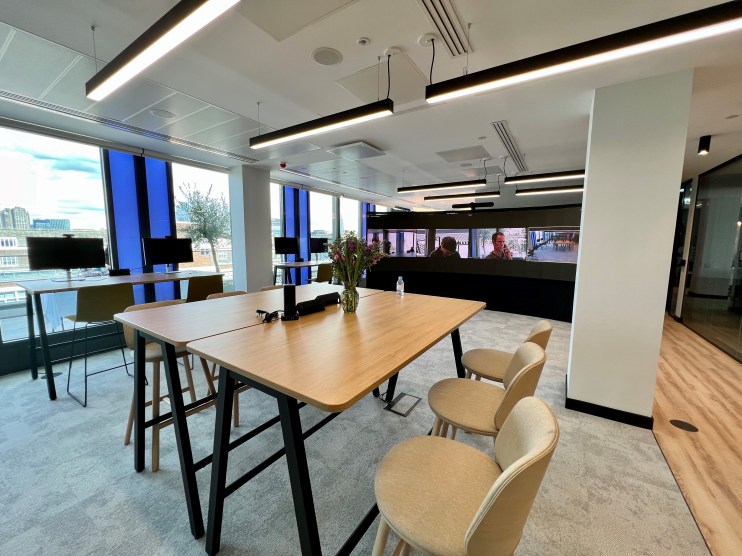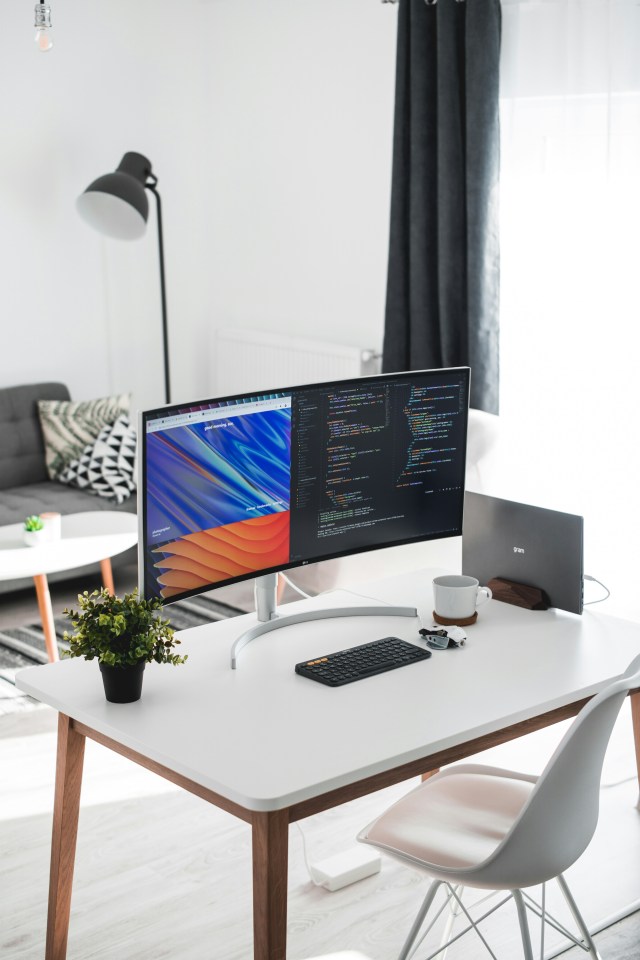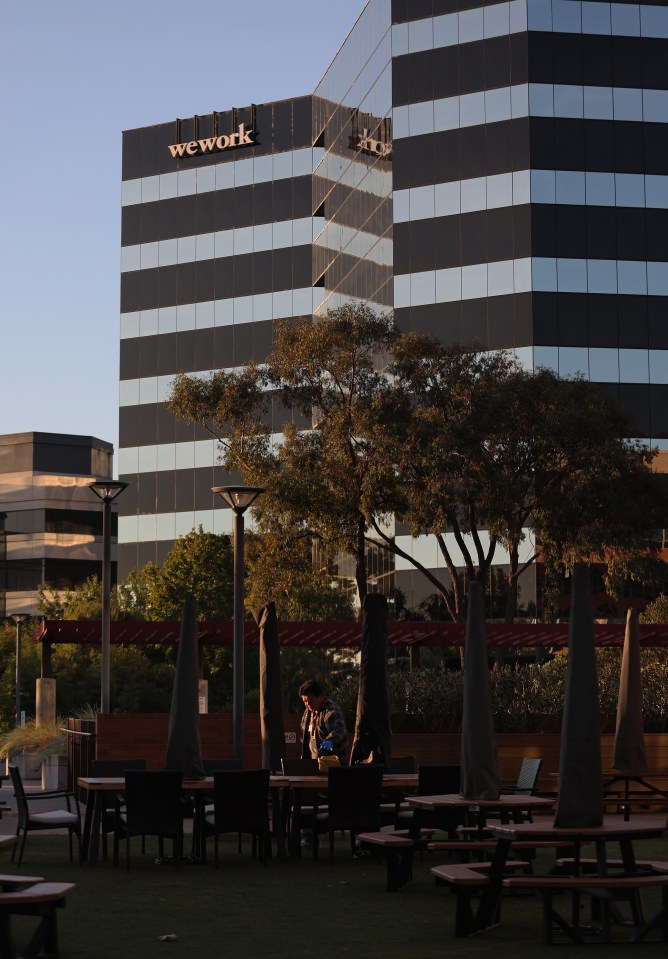The Debate: Should we finally ditch hot desking?

City A.M.’s new weekly feature takes the fiercest water-cooler debates and pits two candidates head to head before delivering The Judge’s ultimate verdict.
This week: Hot desking
The idea of flexible workspaces, or hot desking, tends to evoke a strong reaction in the office. There are those who love to swap seats daily, meet new neighbours and stare at fresh walls. And then there are those who prefer to buckle into a seat, smother their desk in detritus and smear themselves all over their domain, presumably in an effort to deter any future possibility of office musical chairs.
Both bring pros. So should we ditch hot desking?
Yes: ‘Two weeks a year is wasted on employees cleaning up roaming desks’

Hotdesking is such a buzzword for ‘office revolutionists’, but the reality is – it doesn’t work.I have opted for a dedicated desk in a flexible workspace, in fact, if you ask Anna the office manager, I said specifically I would only move in, if I had the desk by the corner away from everyone. I need my own space.
Hotdesking psychologically doesn’t work for many people. Which is why, even in a hotdesking arena, people generally sit in the same places. Whilst they may not ‘own’ the desk, people make their mark which defeats the point of a hotdesking office. It is also said that 2 weeks a year is wasted on hotdesking as employees have to find, tidy and adjust to their new space.
One of the rationales behind hotdesking is that it reduces cost, and maybe this was the case a decade ago. But things have changed. There are more demands on the workplace than a desk from more breakout spaces, phone booths and board rooms, likewise the way we work has changed – demand on technology has never been greater.
Hybrid working remains which is why we are seeing the rise of flexible workplaces to cater for project teams or to enable people to work closer to home. Should we give up on hotdesking? I think so, we need more flexibility.
Aceil Haddad, founder of Matt PR
No: ‘Many of us are more productive when we change scenes’

Hot desking is a crucial component in keeping remote and hybrid workers sane and businesses profitable. Until this May we had an office with fixed seats. We realised this traditional work environment wasn’t conducive to happy workers. The office where everyone is in five days a week from 9-5 with fixed seating is over 100 years old. It’s outdated. A modern workforce needs a modern office environment. How are we supposed to encourage a more inclusive and diverse workplace if we’re catering for the office workers of the 1920s – white middle-class men?
Hot desking provides an escape from the home for busy parents, workers living with several flatmates to cover the cost of increasing rents or those of us who are more productive when we have a change of scenery. It promotes happier, more productive and engaged employees.
With the increasing prices of offices and the decreasing number of workers wanting to be in the office, hot desking provides an economical office solution for businesses. Most companies are at least offering hybrid working. Why pay for empty seats?
There is no one-size-fits-all for a happy work environment but hot desking provides flexibility – a crucial component.
Riannon Palmer – founder of Lem-uhn PR
The Verdict
The idea of flexible workspaces, or hot desking, tends to evoke a strong reaction in the office. There are those who love to swap seats daily, meet new neighbours and stare at fresh walls. And then there are those who prefer to buckle into a seat, smother their desk in detritus and smear themselves all over their domain, presumably in an effort to deter any future possibility of office musical chairs. Most likely these divergent reactions have deep psychological roots – probably in attachment theory (are you secure or anxious?)
Interestingly both our debate candidates have concluded that office goers need more flexibility – and ergo we don’t need hot desking (which isn’t flexible) or conversely ergo we need hot desking (which embodies flexibility). Hmm. What neither addresses is communication between teams, arguably improved by facilitating connections with a broader group of people.
At City A.M. Towers, we do not currently engage in hot desking much to The Judge’s pleasure. She recalls hours spent wandering round (one of) Liverpool Street’s Weworks desperately searching for a place to perch before inevitably plonking down next to a constant call taker or extra-loud chewer, miles from her immediate team and inevitably lacking a plug socket.
Fixed seats allow an employee to avoid an unsettling daily coworker potluck. It fosters certainty, commitment and, frankly, there’s no proof the office as an institution was ever broken – so what exactly are we trying to fix with hot desking? Tangentially, allocated desks also permits The Judge to avoid sitting next to anyone from design. Verdict: Hot desking? Rejected.
📢 DEBATE 📢Is it time to ditch hot desking?@Aceil argues yes – it wastes time@RiannonPalmer argues no – it makes us productive
— City A.M. (@CityAM) November 15, 2023
Cast your vote:
Do you love to meet new friends and stare at fresh walls? Or do you want to smother your desk in detritus? https://t.co/f67o4narYp
Got ideas for future debates? Email: opinion@cityam.com